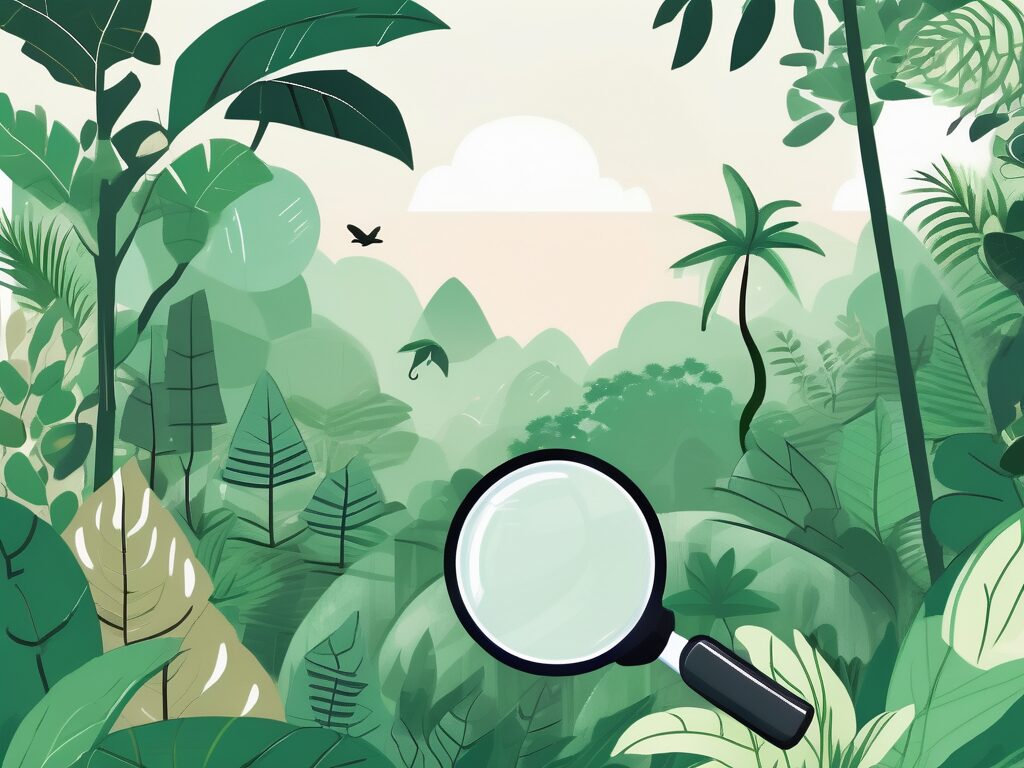In the rapidly evolving world, the importance of environmental education cannot be overstated. As the global community grapples with climate change and other environmental challenges, the need for informed and educated individuals who can contribute to sustainable solutions is more pressing than ever. In this context, Malaysia, a country rich in biodiversity, has a crucial role to play. This article will delve into the key aspects of environmental education in Malaysia, with a particular focus on the International Postgraduate Certificate in Education (IPGCE).
1. Understanding the IPGCE
The IPGCE is a globally recognised teaching qualification that equips educators with the skills and knowledge necessary to teach in an international context. It is a flexible and comprehensive course that combines both theory and practice, making it an ideal choice for those looking to enhance their teaching abilities.
While the IPGCE is not specific to environmental education, it provides a solid foundation upon which educators can build their knowledge in this critical area. The course covers a wide range of topics, from pedagogical theories to classroom management, all of which can be applied to the teaching of environmental education.
2. The Importance of Environmental Education
Environmental education is crucial in fostering an understanding and appreciation of the natural world. It equips individuals with the knowledge and skills necessary to make informed decisions about the environment, thereby promoting sustainable practices.
In Malaysia, a country blessed with diverse ecosystems, environmental education is particularly important. It enables Malaysians to understand the unique challenges facing their country and empowers them to contribute to conservation efforts. Just as a chef needs to understand the ingredients they’re working with, Malaysians need to understand their natural environment to protect and preserve it.
3. Incorporating Environmental Education into the IPGCE
One of the strengths of the IPGCE is its flexibility. The course allows educators to tailor their learning to their specific interests and needs. This means that those interested in environmental education can focus their studies in this area.
For example, educators could choose to explore how environmental education can be integrated into the curriculum, or how outdoor learning can be used to enhance students’ understanding of the environment. The possibilities are as diverse as the environment itself, allowing educators to develop a deep and nuanced understanding of environmental education.
4. Challenges of Environmental Education in Malaysia
While there are many opportunities for environmental education in Malaysia, there are also significant challenges. One of the main challenges is the lack of awareness and understanding about the environment among the general public. This can make it difficult for educators to engage students and motivate them to take action.
Another challenge is the lack of resources available for environmental education. Many schools in Malaysia lack the necessary resources to provide effective environmental education, such as textbooks, teaching materials, and trained educators. However, with the IPGCE, educators can gain the skills and knowledge necessary to overcome these challenges and deliver high-quality environmental education.
5. The Role of the Government and NGOs
The government and non-governmental organisations (NGOs) play a crucial role in promoting environmental education in Malaysia. The government, for example, has implemented various policies and programmes aimed at promoting environmental awareness and education. These include the National Environmental Education Action Plan (NEEAP) and the Environmental Education for Sustainable Development (EESD) programme.
Similarly, NGOs such as the Malaysian Nature Society and the Environmental Protection Society of Malaysia offer a variety of programmes and resources aimed at promoting environmental education. These organisations provide valuable support to educators, helping them to deliver effective and engaging environmental education.
6. The Future of Environmental Education in Malaysia
The future of environmental education in Malaysia looks promising. With the increasing recognition of the importance of environmental education, and the growing number of educators equipped with qualifications like the IPGCE, the prospects for environmental education in Malaysia are bright.
However, there is still much work to be done. To ensure the success of environmental education in Malaysia, it is essential to continue investing in resources, training, and policy development. With the right support, environmental education in Malaysia can flourish, helping to safeguard the country’s rich biodiversity for future generations.
Take the Next Step in Your Environmental Education Journey with IPGCE
Are you passionate about contributing to environmental education and seeking to enhance your qualifications? Join the UK’s #1 Teacher Training Course, the IPGCE, and overcome the barriers to international teaching roles. With our program, you can expect a significant increase in interview callbacks, promotion rates, and salary. Connect with a global network of professionals, gain a deep understanding of international curricula, and enjoy the flexibility of online study that fits your busy schedule. Don’t let inadequate credentials limit your potential. Join the IPGCE program today and empower yourself to make a difference in environmental education in Malaysia and beyond.

